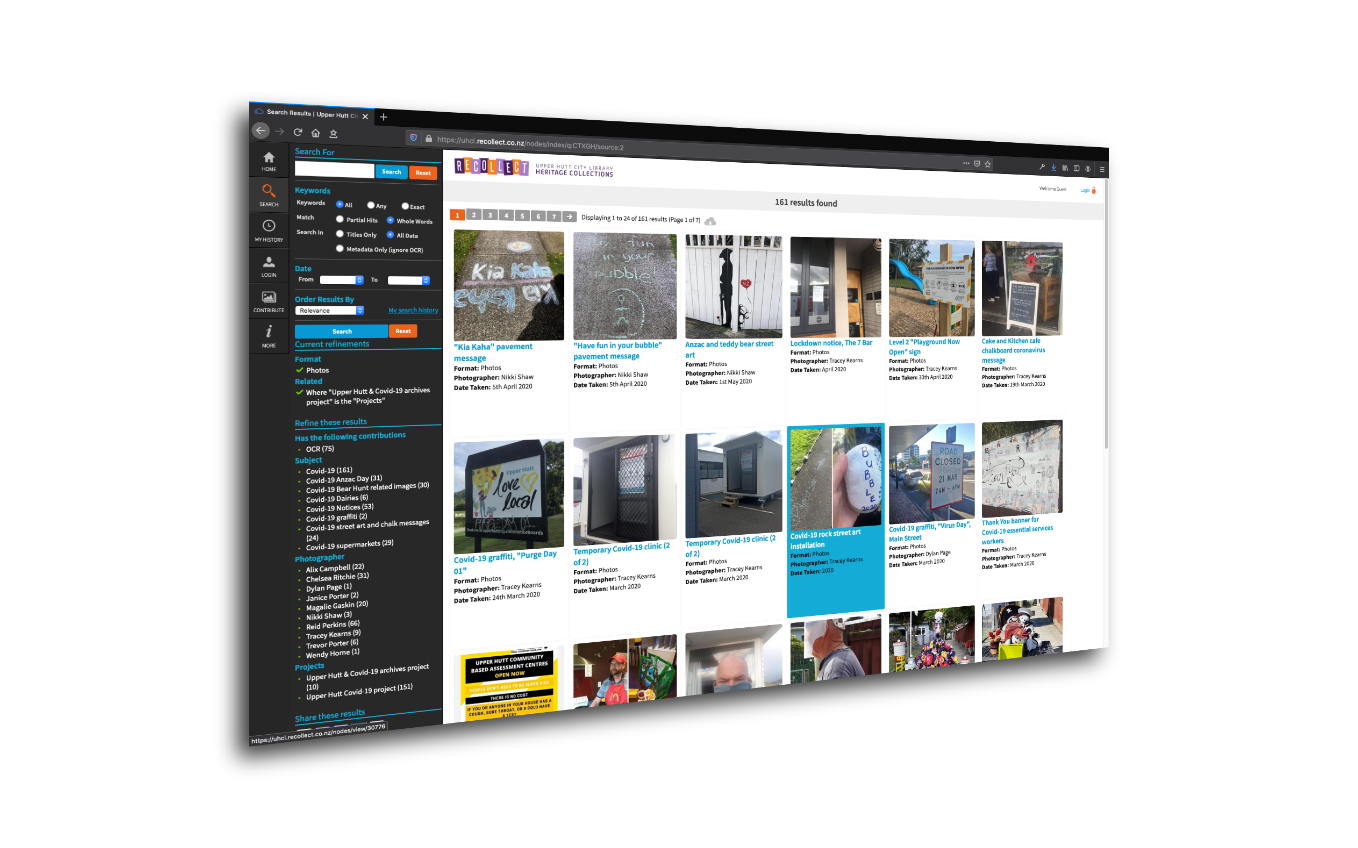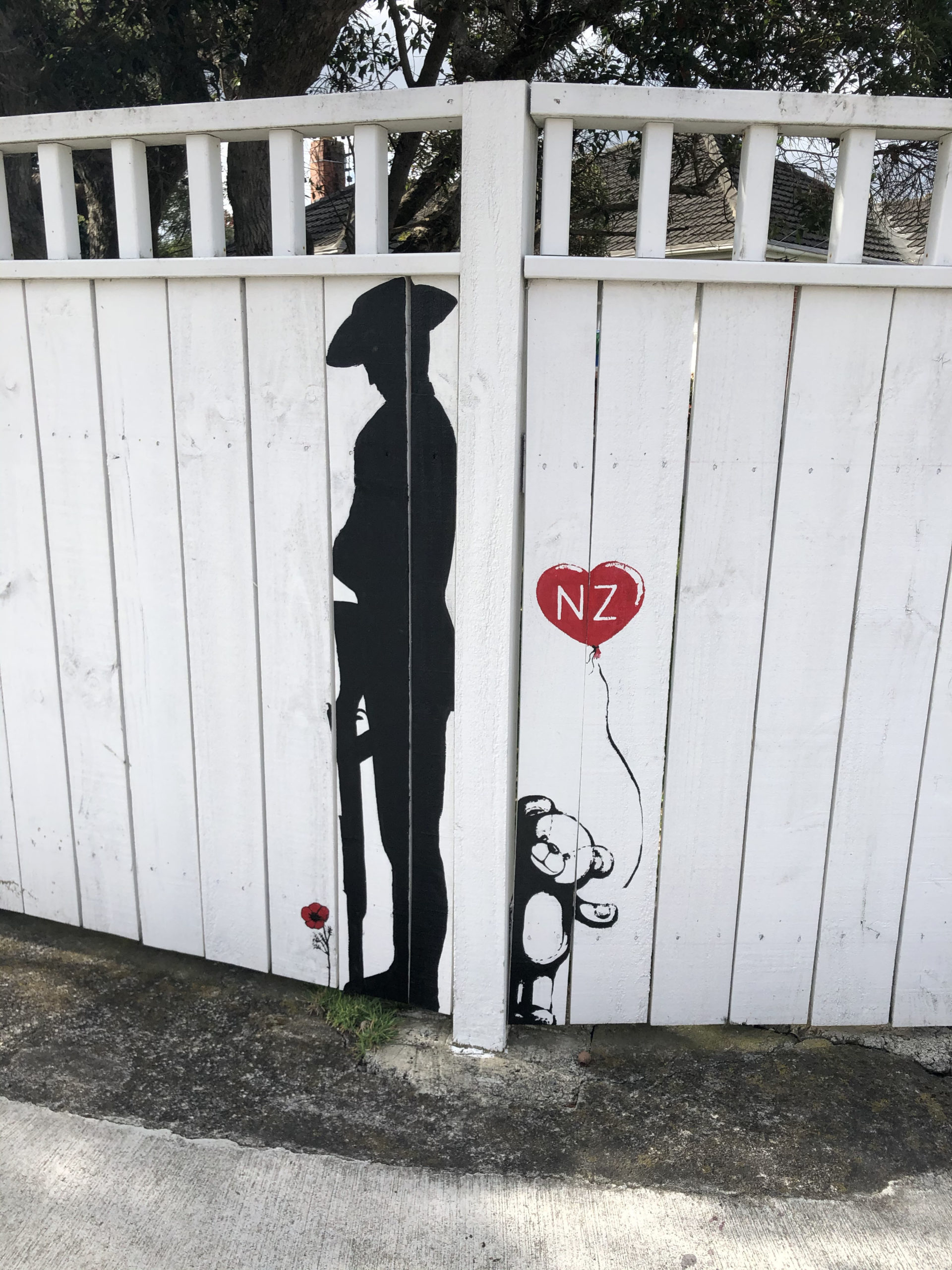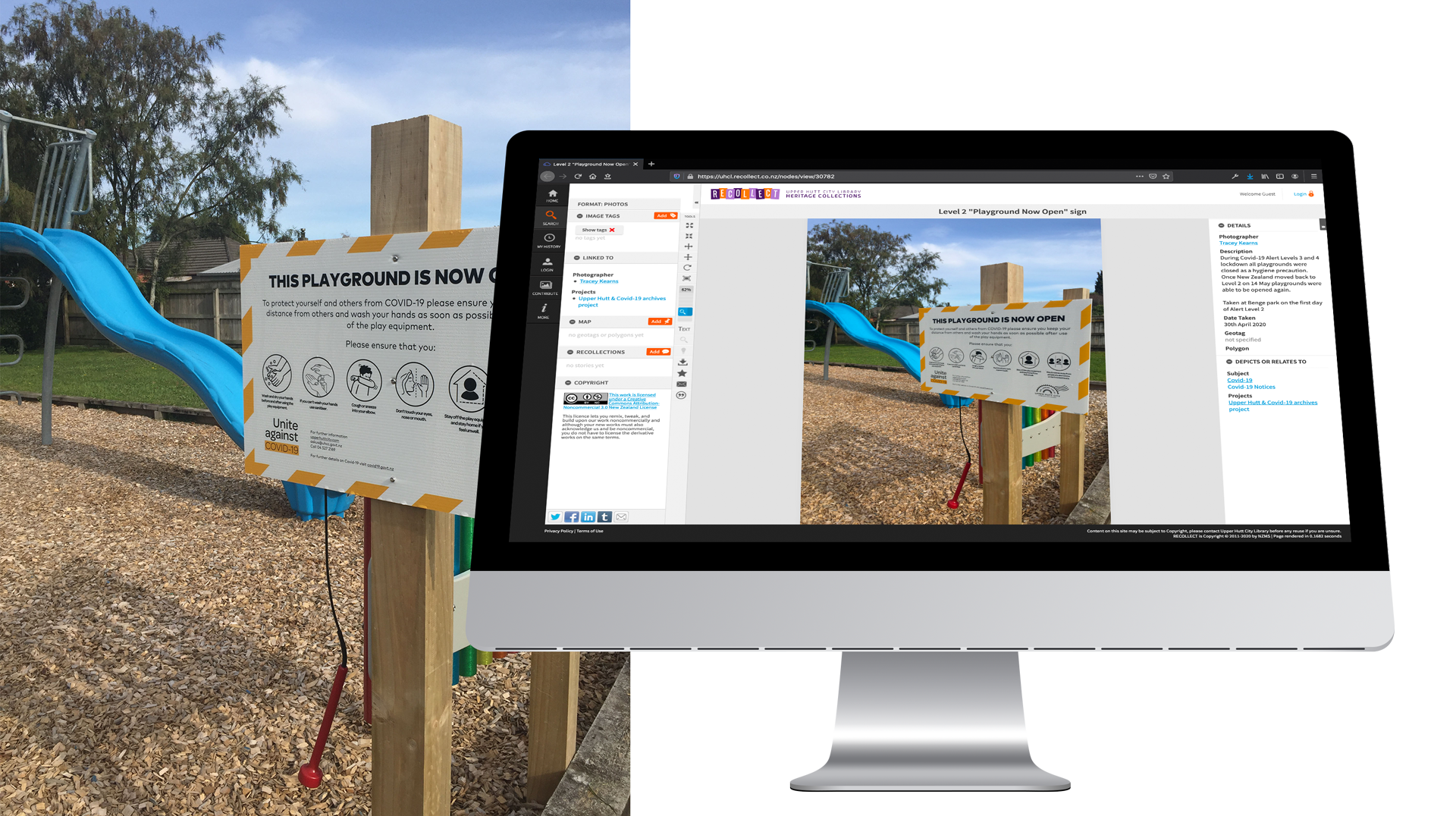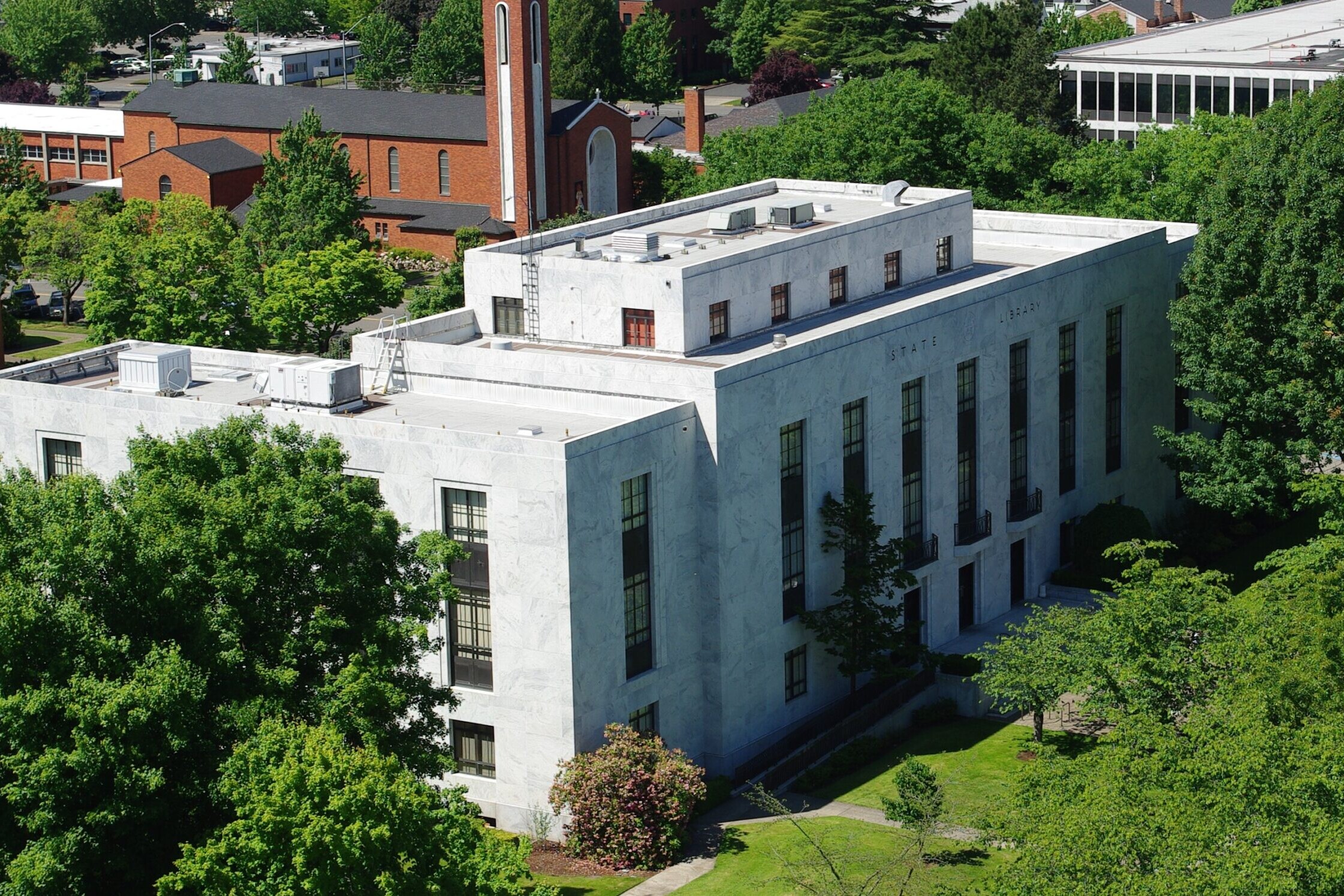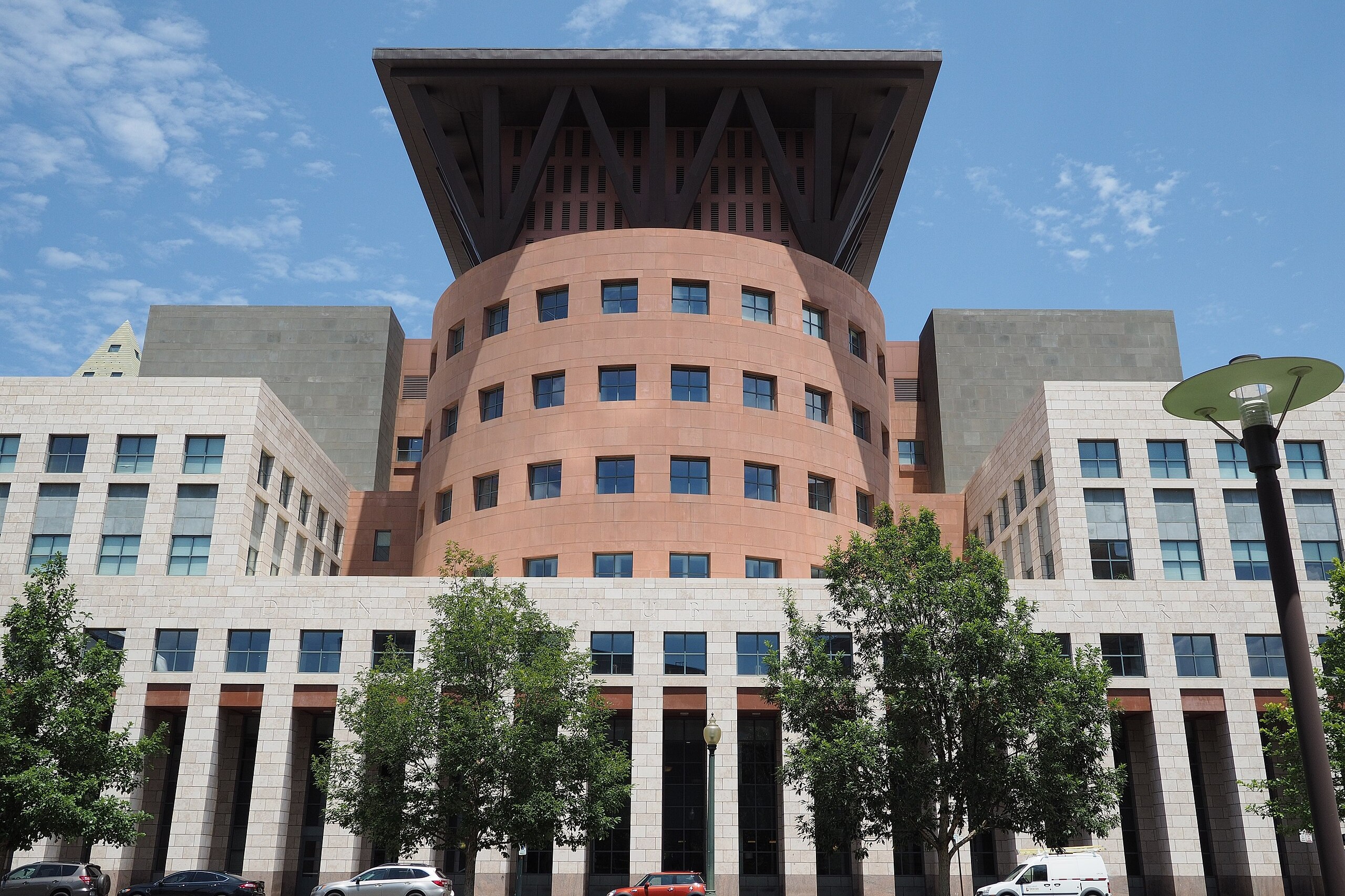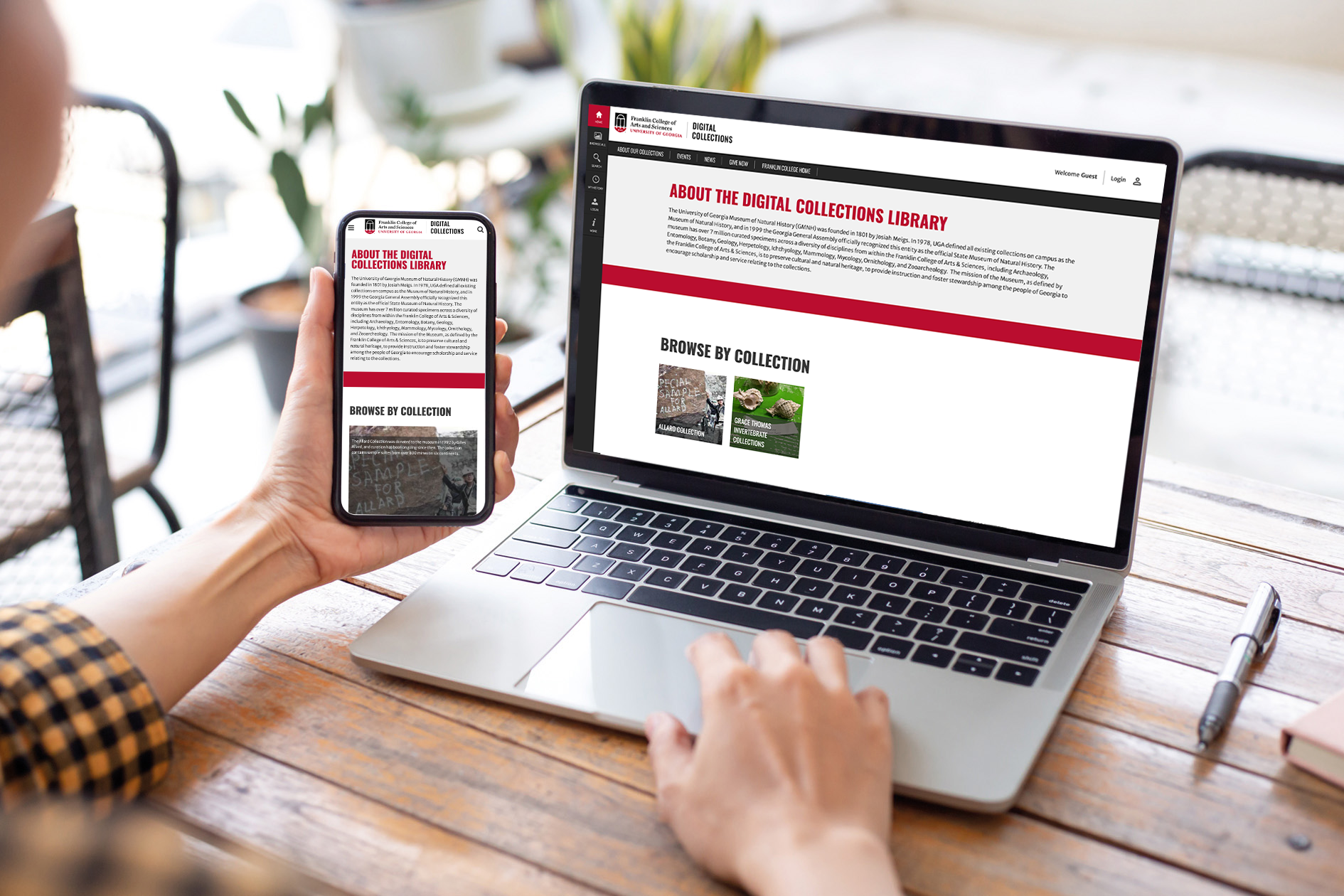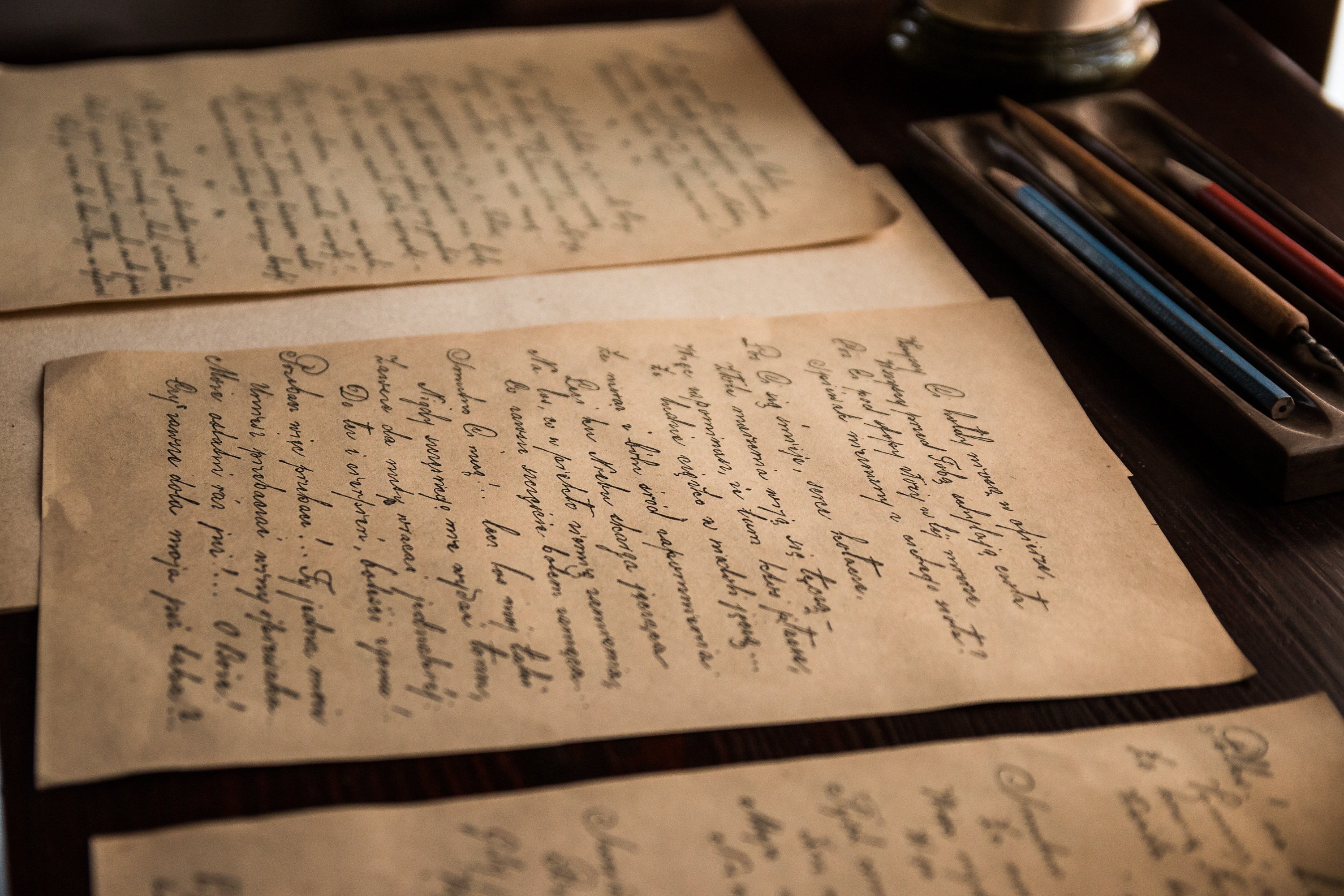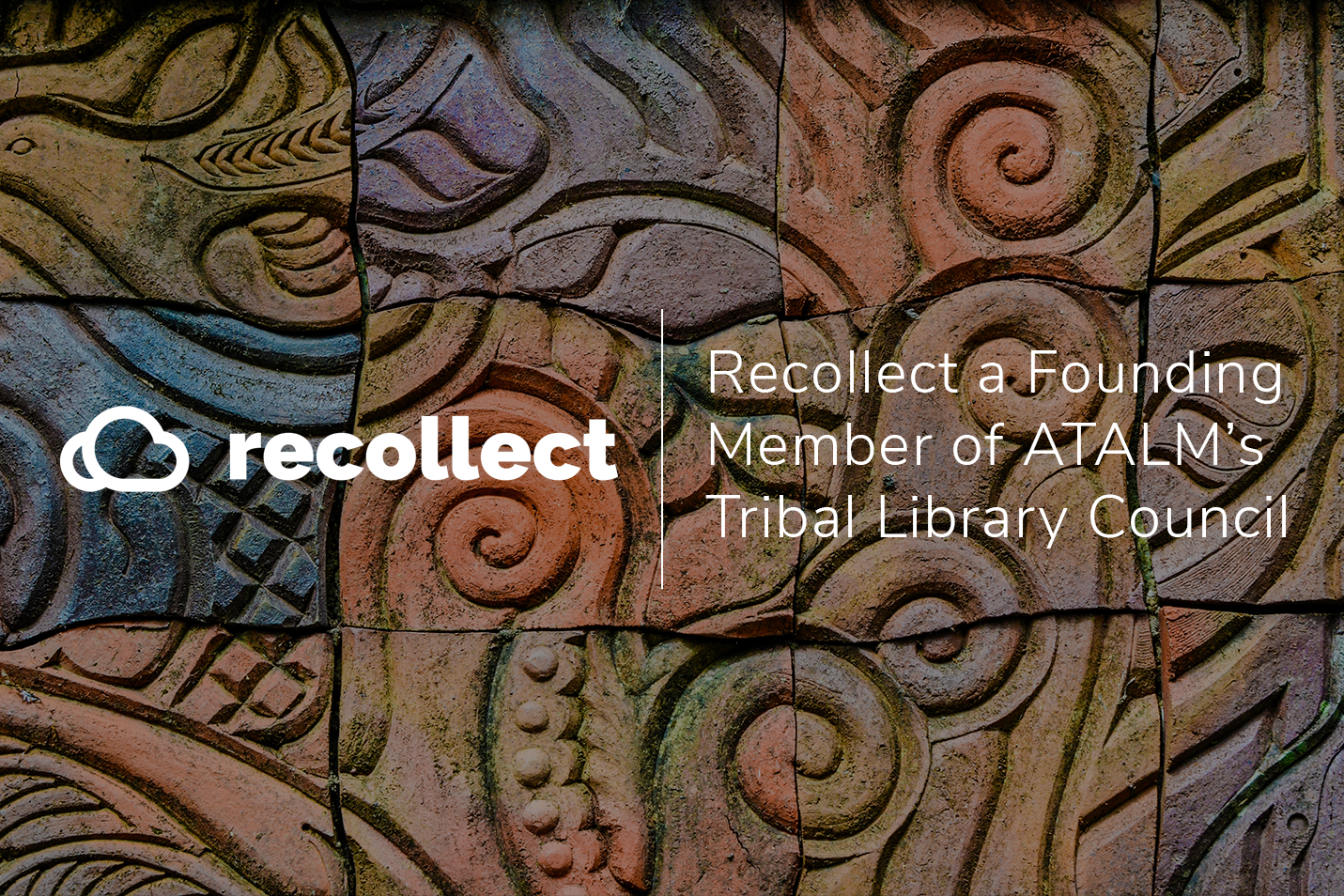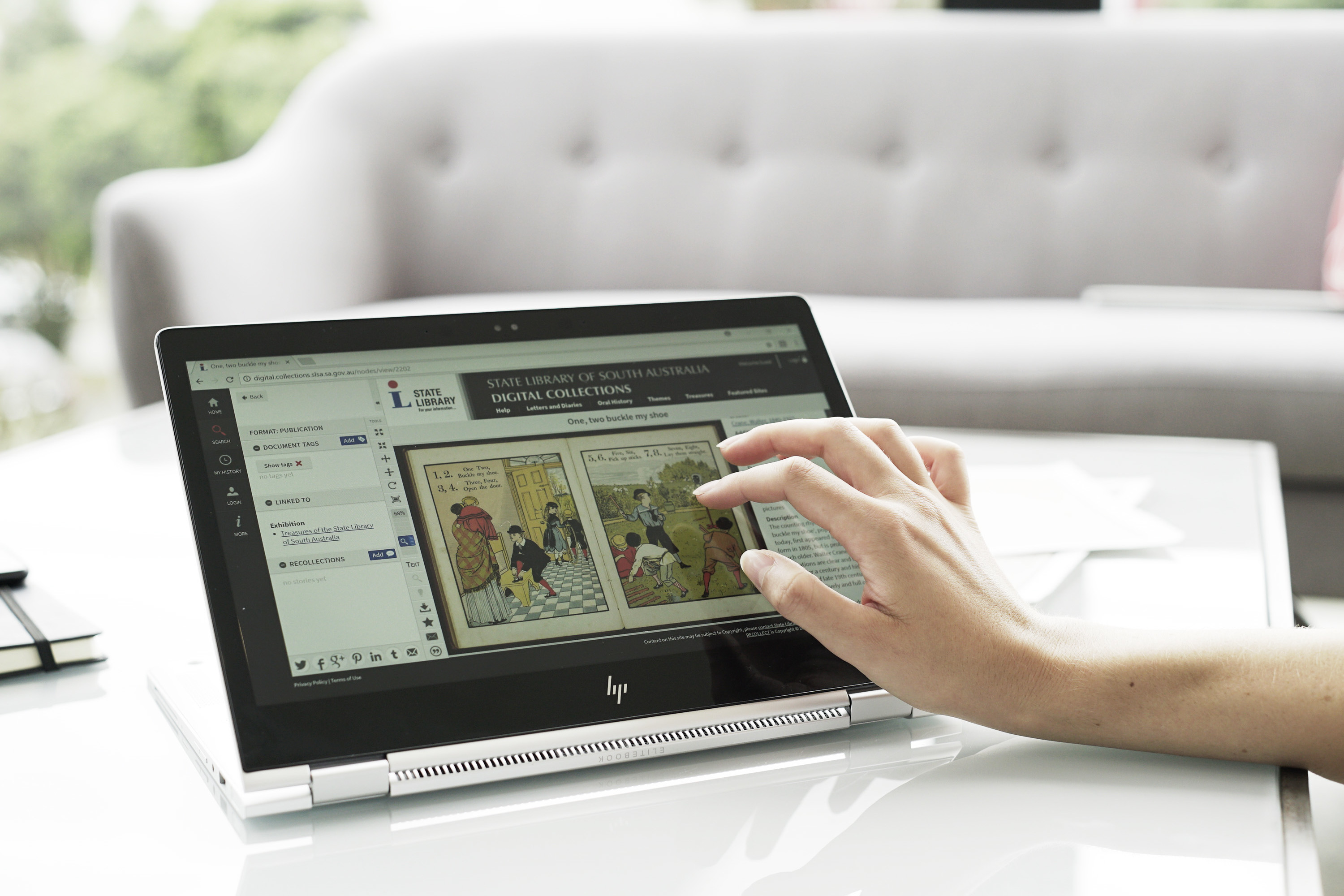While the coronavirus pandemic continues to sweep across the world, instigating a public health and economic crisis, museums and other cultural heritage institutions are working hard to ensure this moment in time is documented and preserved.
A number of institutions are in the midst of extensive contemporary collection projects that aim to preserve community experiences for the benefit of future generations. To collect relevant material they turned to their local communities, calling on them to share their feelings, thoughts, and fears while in quarantine or self-isolation.
Contemporary collecting during a crisis requires consideration and attentiveness to the issues at hand, including being mindful of ethical implications. Institutions must make sure they are collecting in a way that is helpful and does not detract from emergency responses. They also need to be sensitive to the devastating impact the global health crises has had: people have died, jobs have been lost, and businesses have closed.
Collecting with the help of online platforms like Recollect can bring communities together in a time when they are often forced apart. Institutions can rally their community by asking them to work collectively to gather stories and other documentation and material that will show future generations how they got through this unsettling time.
On March 19th 2020, New Zealand entered an unprecedented government enforced lockdown. Excluding those deemed “essential workers,” people were not able to have any contact with others outside of their household “bubbles” and could only leave their homes for necessary goods or services and to exercise. People within the Upper Hutt community, who are passionate about preserving local stories, took action to collect information about this significant moment in New Zealand’s history.

The Upper Hutt City Library Covid-19 archives project
The Upper Hutt City Library (UHCL) have been gathering contributions relating to Covid-19 from the members of their community. The collected material tells a unique story, revealing how their community coped during the height of quarantine restrictions and as these restrictions eased. While the library is still recording information and collecting material, they have already uploaded and published a large collection on their Recollect site, including oral histories and photographs that represent life in isolation.
Recognising that larger museums and libraries around the world were documenting national experiences of the pandemic, the team at UHCL wanted to make sure the experiences of their local community were recorded as well. Their belief that archives can offer valuable perspectives motivated their team to spin into action and start collecting. UHCL’s Recollect was already a rich database of local cultural heritage which meant it was the perfect platform to store Covid-19 related collections too. Additionally, as an online platform, UHCL could engage with their community instantly.
UHCL is using Recollect to document their community’s unique experiences during the Covid-19 pandemic. Their contemporary collecting effort will allow people to see how the pandemic changed the Upper Hutt local community; how it altered their households, workplaces, and access to leisure activities.
“We’ve got stories about what it’s been like going through lockdown with young kids in your bubble, being in self-isolation, working from home, going to the local supermarket, getting a flu jab in a car park from a nurse in full PPE, or working with Ōrongomai Marae to assist and support people in need in our local community. It’s turning into quite a fascinating record.”
Community heritage coordinator for UHCL, Reid Perkins, explains there is a misconception that archivists and historians only deal with the past. It is vital that they care for present-day material as well so it can be preserved for future generations to discover. He says, “obviously the Covid-19 crisis, and all the disruption it has caused within our everyday life, is an especially historic moment. We want to make sure that local Upper Hutt stories that describe what it was like to experience the pandemic are there for the future.”
UHCL’s heritage team are using Recollect as a platform for locals to contribute their experiences and stories that detail how they coped during lockdown. They documented the effect of the pandemic within their community through a range of different mediums: including video, audio, photographs, documents, and drawings.
Recording interviews with residents through online tools like Skype or Zoom, allowed UHCL to gain comprehensive details about what life is like for their community while also adhering to social distancing regulations. They also asked people to contribute photos that they took during the lockdown — depicting closed businesses, teddy-bears in windows, supermarket lines, ANZAC commemorations, and empty streets.
Reid notes, “We’ve got stories about what it’s been like going through lockdown with young kids in your bubble, being in self-isolation, working from home, going to the local supermarket, getting a flu jab in a car park from a nurse in full PPE, or working with Ōrongomai Marae to assist and support people in need in our local community. It’s turning into quite a fascinating record.” View the archive here – https://uhcl.recollect.co.nz/nodes/view/30557
Recollect makes contemporary collecting simple and helps guarantee local stories are preserved for the future. It offers comprehensive community engagement by enabling people to make contributions directly into a digital archive. It also serves as a platform for communities to stay connected during significant events when access to community hubs or centres are limited.
UHCL have some exciting plans for exhibiting the information they have collected, including displaying the photographs in the library alongside quotes from Zoom interviews. Reid explains, “the purpose of such an exhibition will be threefold. Firstly, it can act as a physical space equivalent to Recollect, allowing us to share content with people in our community who don’t have online access. Secondly, it promotes our online Covid-19 collection to library visitors and they can be directed to our Recollect site. Lastly, it solicits new material by inviting people to contribute their own stories and images.”




